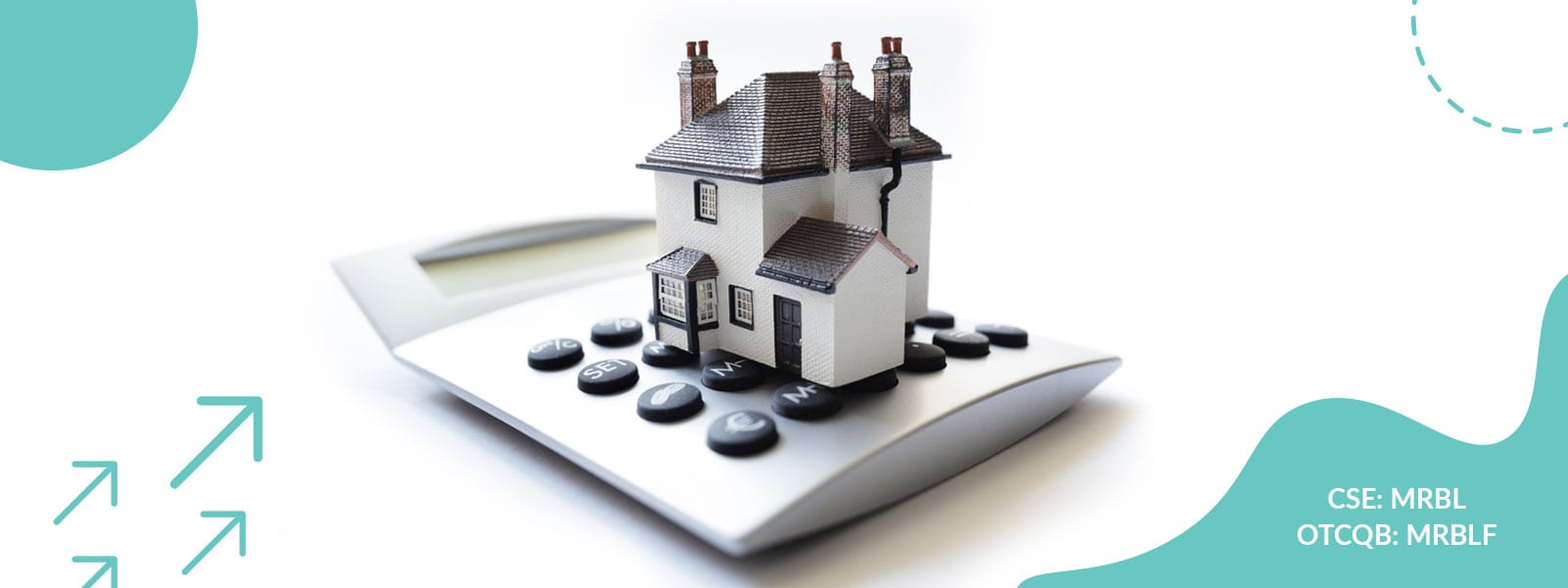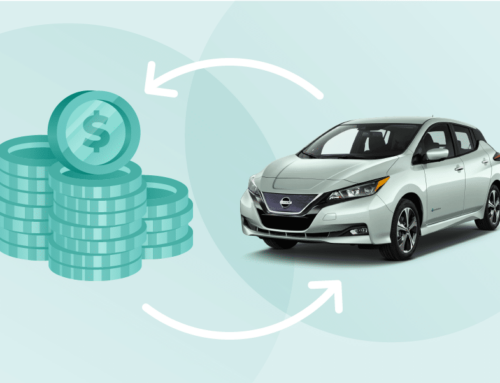We recently broke down exactly what your credit score means and what it says about you, and discussed how it affects loan approval. But there’s one thing that makes loans or credit cards expensive (or cheap) – your interest rates. One thing to note here is, you have your credit score to thank for how much interest you pay back on your mortgage, personal loans, car loans or credit cards. Your loan payments are made up of both interest and principal (which is what you borrow).
For obvious reasons, we all want to see our interest rates to below or even non-existent. This makes for easier repayment on our loans and often allows us to pay them off quicker. It means we’re paying closer to the value we borrowed without high-interest rates being loaded upon us. So, what types of interest rates are there? And what factors decide our interest rates? Let’s find out.
What are the different types of interest rates?
Firstly, you generally see two types of interest rates on loan products: Fixed or Variable. A Fixed Interest Rate means that your rate will not change during the full duration of your loan agreement. You will maintain the same rates until your loan is paid off. A Variable Interest Rate is a rate that will change as your payments go by. The variable rate will move according to the market premium. This means that when the market interest rate shifts so will your interest rate, it can either be positive for you (a lower interest rate) or negative (a higher interest rate). You can learn more about interest rates here.
What is APR?
You’ve probably noticed on a lot of your documents the word APR – this is the annual percentage rate. This rate represents the percentage of interest you’ll pay on your loan over one year. There are many ways your interest rates are displayed on a loan agreement. This means your interest rate can be calculated daily, monthly or more commonly on an annual basis (the APR).
But it’s important to note, in Canada, it’s a legal requirement for any loan agreement to display the annual percentage rate (APR). When borrowing from a bank, Canadians will never pay over 60% APR including fees and charges. Unfortunately, there is one exception to this – Payday Loans. According to Government of Canada, Payday loans charge $17 per $100 dollars borrowed, which may be equivalent to an interest rate of 500-600%.
How are my interest rates calculated?
A Fixed & Variable Interest Rate is calculated using the market premium rate and your own risk premium. The market premium is dependent on the current market situation which is a basic cost of lending. And here’s the important one: your risk premium. Your own risk premium is unique and is based on your personal financial history. This is usually reflected in the form of a credit score and is the percentage that will cover the lender in case you can’t pay back your loan.
Your credit score and interest rates
So, we know that your credit score says a lot about you and generally, reflects how financially responsible you are. In Canada, credit scores can range from 300 to 900 (300 is poor, 900 being excellent). Banks set the interest rates resulting in how much risk they believe you pose. The higher the score, the more likely you are the receive favourable interest rates. This is because you’ve indicated through your credit score that you’ve handled credit well in the past. Usually, having a low score indicates quite the opposite.
It’s difficult to figure out what credit score you must have in order to obtain the most favourable interest rates. For loans, it’s well known that having a score of at least 650 will allow you to have an okay interest. A credit score of 650 is usually the minimum score you must have in order to obtain a loan from any bank. At the same time, credit card issuers don’t advertise what credit score will give you certain interest rates. This will only be discovered once the credit application is made. It’s essential when applying to realize that if you have a good credit score, you will obtain a lower APR, or with a bad credit score, you’ll get a higher APR.
In order to have the bargaining power and allow yourself to pay less back on interest, your credit score must be higher and it’s something that can be easily worked on. When searching for an extra line of credit, taking out a personal loan or wanting to obtain a mortgage, you must work on your credit score first. Having a good credit score helps many aspects of loan approval. This will not only benefit your interest rates, but it will also ensure your loan is approved, approve you for higher limits, and allow you to obtain the house of your dream. It also provides you with peace of mind and opens you up to a variety of financial products, rewards and perks.
So how do I improve my credit score?
Many Canadians ask the same question and are usually left wondering what the exact steps to take in order to increase their score. It’s important to budget, keep track of your spending and always pay your bills on time. If you manage your money right, your score should be ok. But if you’re looking for that extra credit score boost and fast, our Score-Up credit improvement software can help you quickly increase that three-digit number. With Score-Up, you can create a credit score target based on your financial plans and credit history. Our software then analyzes your credit report to develop a fast and clear path to improve your credit score. You can follow real-time recommendations on what you can do to increase your score. To find out how it works, check it out here.
About Marble Financial Inc. (CSE: MRBL; OTCQB: MRBLF) We are a group of forward-thinking financial technology experts that fully understand the benefits and drawbacks of credit in Canada. Marble helps Canadians increase their credit to gain access to prime lending. Through our industry-leading proprietary technology solutions Fast- Track, Score-Up, and Credit-Meds. Our proven strategy guides our customers back to a meaningful credit score, 50% quicker than traditional methods. Since 2016, Marble is proud to have empowered thousands of Canadians to a positive financial future. We continue to establish ourselves as leaders in financial wellness.






